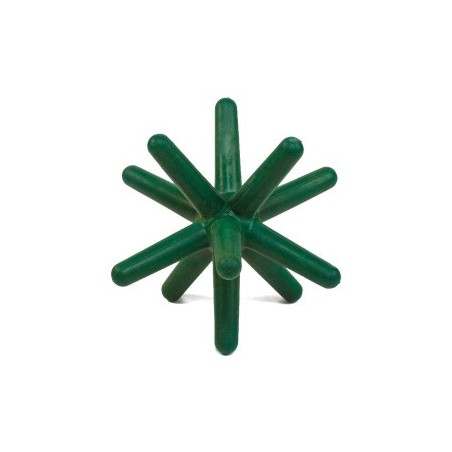Parliament beefed up the Commission’s initial proposal to ban animal cloning to include the cloning of all farm animals, their descendants and products derived from them, including imports into the EU, in a vote on Tuesday.
The legislative report was adopted by 529 votes to 120, with 57 abstentions.

While animal welfare would be respected for the descendants of cloned animals born by means of conventional sexual reproduction, the high mortality rates at all development stages of cloning their progenitor raise significant animal welfare and ethical concerns, says Parliament. It therefore extended the ban to cover the germinal products of animal clones, descendants of animal clones and products derived from them.
The ban should also cover animals which are already derived from clones in certain third countries, says the EP. It says imports into the EU should only be allowed if the import certificates show that animals are not animal clones or their descendents. The ban should also apply to imports of animal germinal products and food and feed of animal origin.
MEPs also refer to consumer research findings indicating that a majority of EU citizens strongly oppose the consumption of food from animal clones or from their descendants and that a majority also disapprove of the use of cloning for farming purposes, on animal welfare and general ethical grounds.
The amended text converts the legal act into a regulation, which has to be applied directly in all member states, rather than a directive, which would require further national legislation. Parliament also extended the ban’s scope to cover all species of animals kept and reproduced for farming purposes and not only bovine, porcine, ovine, caprine and equine species as proposed by the Commission.
Monday September 7, 2015/ EP/ European Union.
http://www.europarl.europa.eu






